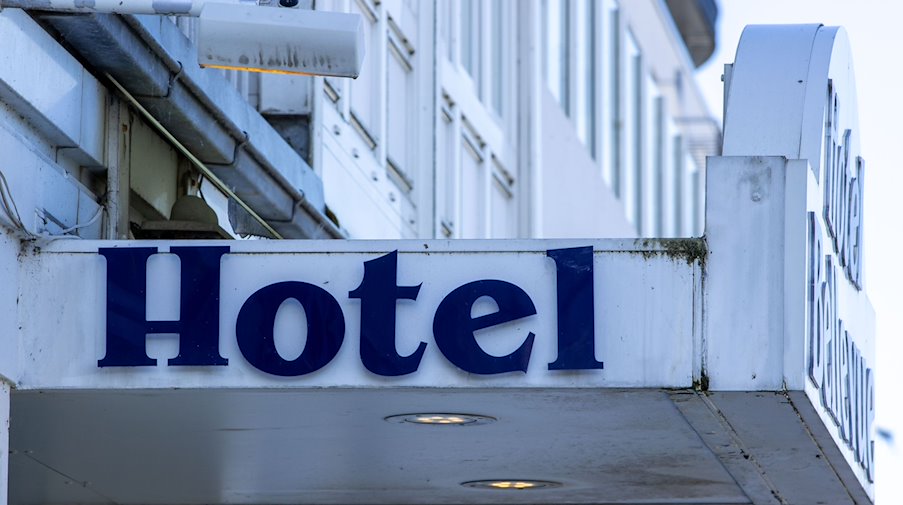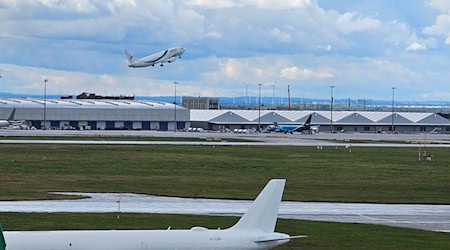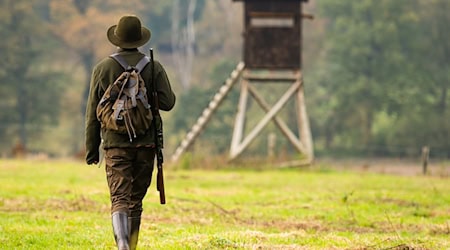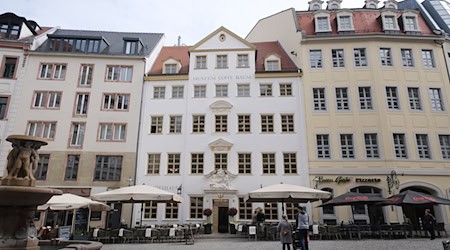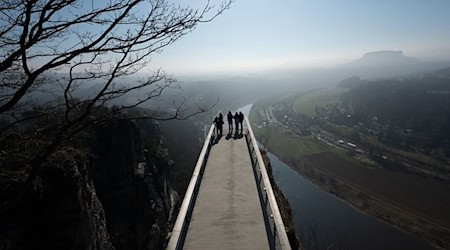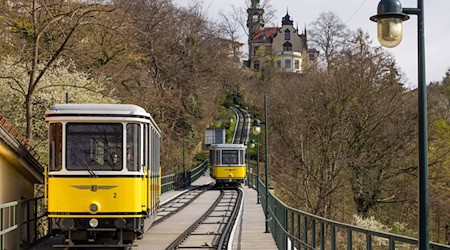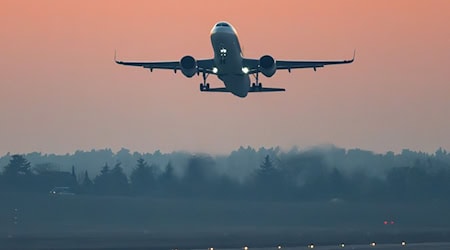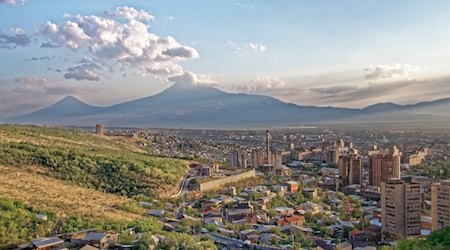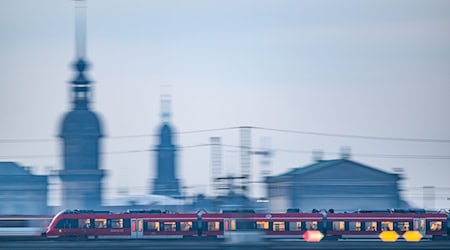Saxony's tourism industry is still on the upswing after the difficult coronavirus years. "We haven't completely caught up yet, but we are on the right track," said Culture Minister Barbara Klepsch (CDU) on Thursday at the presentation of the latest tourism figures in Dresden. From January to October this year, around 6.7 million visitors came to the Free State. This is 14 percent more than in the same period last year, when hotels and restaurants were still partially closed until February due to the pandemic. However, the number of guests is still six percent below the record year of 2019.
The picture is similar for overnight stays: Almost 17 million overnight stays were booked by October 2023 - 11 percent more than in the same period last year. However, overnight stays are still 3.4 percent below the 2019 level. Forecasts assume that the Saxon tourism industry will record around 20 million overnight stays in total this year. The Christmas season with the Striezelmarkt, Christmas stollen, mountain parades in the Ore Mountains and winter sports is one of the busiest times for visitors. "Saxony is Christmas country," says Klepsch. If the 20 million mark is cracked, it would be the third strongest tourism year since 1990. "We must continue to make every effort," emphasized the minister.
Leipzig particularly in demand
The city of Leipzig, which is considered a dynamic metropolis, is particularly popular with tourists. The trade fair city was the only region in Saxony to top its 2019 figures, recording around 3.2 million overnight stays from January to October of this year, an increase of 8.4 percent compared to 2019. The State Tourism Association (LTV) attributed this development to a resurgence in trade fair and congress business following the pandemic, among other things. By comparison, Dresden recorded just under 3.7 million overnight stays in the first ten months of the year, which is still around five percent behind the record year.
"The desire to travel is high and demand for main vacations, but also second and third trips, is developing well," said LTV President Jörg Markert. City tourism and business trips have also picked up again. The association still sees a need to catch up in the camping and caravanning sector - due to the increased demand, more pitches need to be created.
In addition to worries about newcomers, however, the industry is particularly concerned about inflation, rising energy prices and the return to VAT on food of 19 percent instead of 7 percent in the new year. The association assumes that restaurateurs will have to pass on most of the price increase to visitors. It remains to be seen how demand will develop. No savings are being made on vacations yet, says Markert. The outlook for 2024 is therefore "cautiously optimistic".
Copyright 2023, dpa (www.dpa.de). All rights reserved

